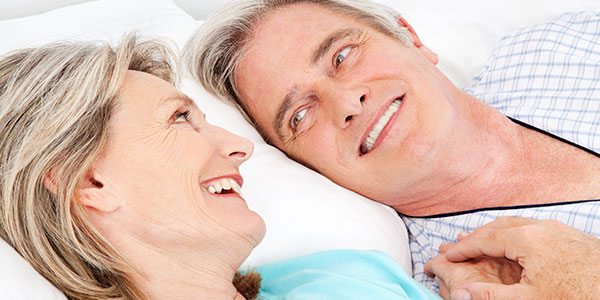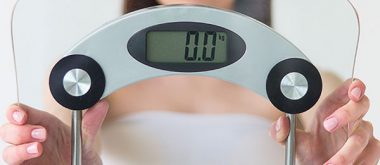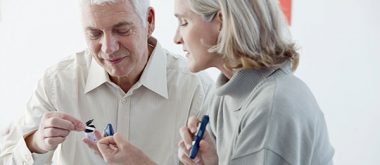As our bodies age, hormonal changes can impair the sex drive of both men and women. However, there are ways to maintain your sex drive as you age.
Sex Drive and Aging
In addition to a reduced libido, other symptoms of age-related hormonal fluctuations may contribute further to an overall decrease in sex drive. These symptoms include vaginal dryness or pain during intercourse for women, or depressed mood and fatigue, which may reduce interest in physical intimacy. Although menopause or andropause may be an inevitable consequence of aging, there are a variety of remedies available to boost libido and increase intimacy with your partner as you age.
Hormone Replacement
One of the major drivers of age-based decline in sex drive is the fluctuation in hormones experienced during menopause and andropause. While andropause occurs in men over a period of up to 30 years and involves a decrease in testosterone over time, menopause in females involves a decrease in estrogen and may occur more rapidly.

By replacing the hormones that the body is no longer producing in previous quantities on its own, many of the symptoms of menopause or andropause may be ameliorated. However, hormone replacement therapy is not without risks and may increase the likelihood of cancer, according to some research. Any decision to undergo hormone replacement should be carefully discussed with your doctor.
Lubrication
With the reduced production of estrogen in women during menopause, vaginal dryness and irritation may occur. These symptoms can make having intercourse uncomfortable for women, resulting in a reduced desire for sexual activity.
There are several ways to treat vaginal dryness during menopause. A water-soluble lubricant can help restore a more natural level of vaginal lubrication during sex, or vaginal moisturizers may be used on an ongoing basis regardless of sexual activity. Additionally, your doctor may prescribe other remedies for excessive vaginal dryness due to menopause, like oral medication or vaginal estrogen therapy. According to WebMD, these prescription-only remedies may have risks and side effects, so talk to your doctor carefully about them before beginning treatment.
Treating the Mind
For men, andropause results in a slow change in testosterone levels over time, causing a variety of issues that may contribute to a reduced sex drive. Symptoms of andropause may include depression and fatigue, which can reduce interest in sexual activity and intimacy.
According to Healthspan, these mood changes can be treated through diet and lifestyle. A healthy diet, rich in omega-3 fatty acids, lean protein, whole grains and leafy greens, may have a positive impact not just on overall health but also on mood. Vitamins such as vitamin C, B vitamins and vitamin D can be taken in supplement form to potentially help contribute to mental well-being.
Additionally, certain supplements may have a direct effect in increasing your libido as you age. Fenugreek, ginseng and l-arginine have all been shown to have a potential ability to increase libido by influencing blood flow, testosterone levels or enzymes which may contribute to higher sex drive. While the FDA regulates dietary supplements in the US, certain supplements may have unexpected side effects or may interact with other medications you are taking. It is important to discuss any supplements with your doctor before beginning them.
Although hormonal changes as you age may result in some decline in sex drive, there are a wealth of remedies you can use to maintain a healthy level of desire and intimacy. Speak to your doctor and be an advocate for your own health and well-being. Aging may bring with it certain concerns, but with today’s modern remedies, a reduced sex drive may not need to be one of them.





